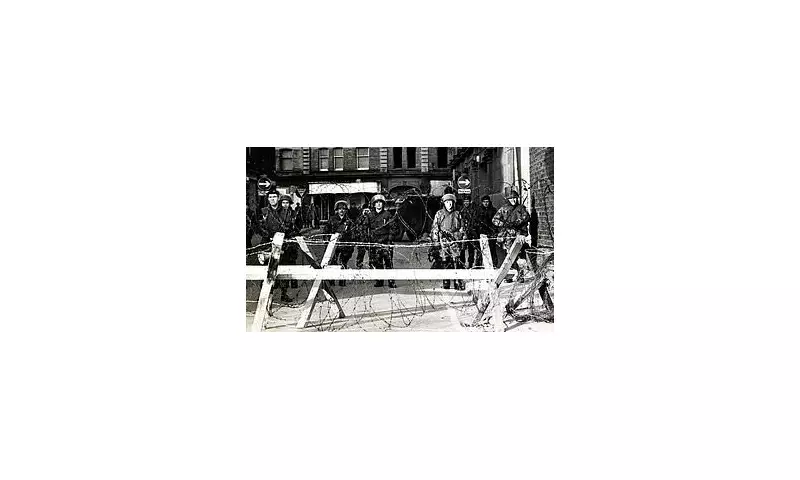
In a landmark ruling that concludes one of Northern Ireland's most protracted legal battles, a former paratrooper known as Soldier F has been formally cleared of two murders committed during Bloody Sunday nearly fifty years ago.
The veteran, now in his seventies, stood accused of killing James Wray and William McKinney during the tragic events of January 30th, 1972, when British soldiers opened fire on civil rights demonstrators in Derry's Bogside area.
A Five-Decade Legal Journey
The case against Soldier F has traversed through numerous judicial reviews and investigations over half a century. The Public Prosecution Service for Northern Ireland ultimately determined that the evidence was insufficient to secure a conviction, leading to today's formal acquittal.
This decision follows years of intense legal scrutiny, including the groundbreaking Saville Inquiry which concluded in 2010 that all victims were unarmed and posed no threat to the soldiers.
Mixed Reactions from Families
The McKinney family expressed profound disappointment, stating they feel "badly let down" by the justice system. Meanwhile, supporters of Soldier F have welcomed the verdict as long-overdue relief for a man who has lived under the shadow of prosecution for decades.
The case highlights the ongoing challenges in addressing historical conflicts from Northern Ireland's Troubles, where securing convictions decades after events remains exceptionally difficult.
Broader Implications
This ruling comes amid ongoing debates about how to handle legacy cases from the Troubles. The government's proposed Legacy Act, which offers conditional immunity to former combatants, continues to face strong opposition from victims' families and human rights organizations.
As Northern Ireland continues to grapple with its complex past, today's verdict represents another chapter in the enduring story of Bloody Sunday—a day that remains etched in the collective memory of Derry and the entire nation.





